阿伽陀(Agada)是梵語中譯為不死藥,解毒除病藥之意是。印度傳統醫學的研究領域之一,被稱為阿伽陀學。印度古代將醫學稱為阿伽陀吠陀(Agada Veda)。在佛教中,佛陀常被比喻為“大醫王”,而佛教教義則阿伽陀被喻為能解衆生之毒的。阿伽陀藥在佛教中又稱為不死藥,被認為能夠治療多種疾病,具有靈奇的功效,價值無量,服之能普去眾疾。阿伽佗藥在漢方中醫裡被視為一種能夠治療多種疾病的真正藥方。中國歷史學家陳寅恪曾提出,華佗的故事可能來源於印度,因為“華佗”二字古音與阿伽陀相近,或許是阿伽陀的簡稱。
Agada, which is translated from Sanskrit as the elixir of immortality and antidote to cure diseases, is one of the research areas in traditional Indian medicine known as Agada Shastra. In ancient India, medicine was referred to as Agada Veda. In Buddhism, the Buddha is often referred to as the “great king of medicine,” and Buddhist teachings are likened to Agada, which is believed to be capable of curing the poison of sentient beings. Agada medicine in Buddhism is also called the elixir of immortality, which is believed to have miraculous healing effects on various diseases and can cure all kinds of ailments. In traditional Chinese medicine, Agada medicine is also regarded as a true prescription for treating multiple diseases. Chinese historian Chen Yinke once suggested that the story of Hua Tuo may have originated from India, as the ancient pronunciation of “Hua Tuo” is similar to Agada and may be a nickname for Agada.

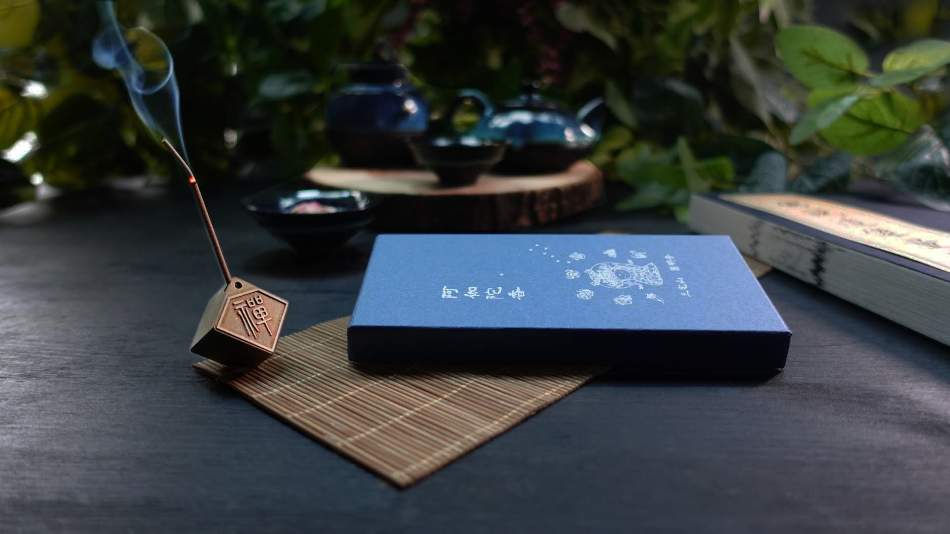
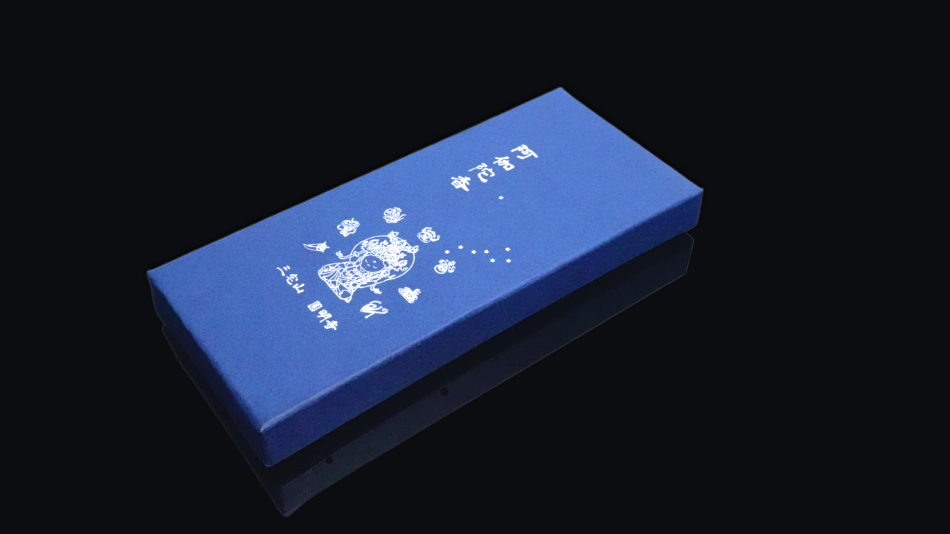
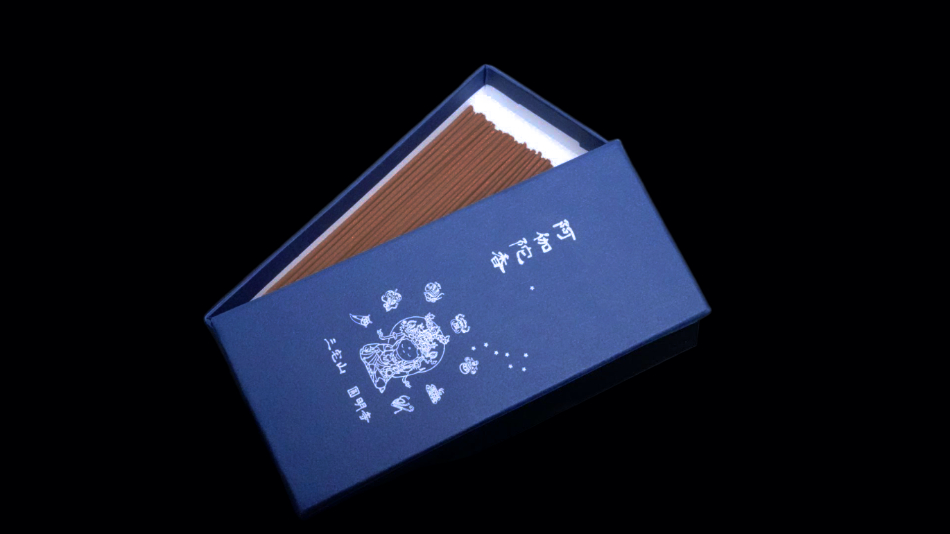
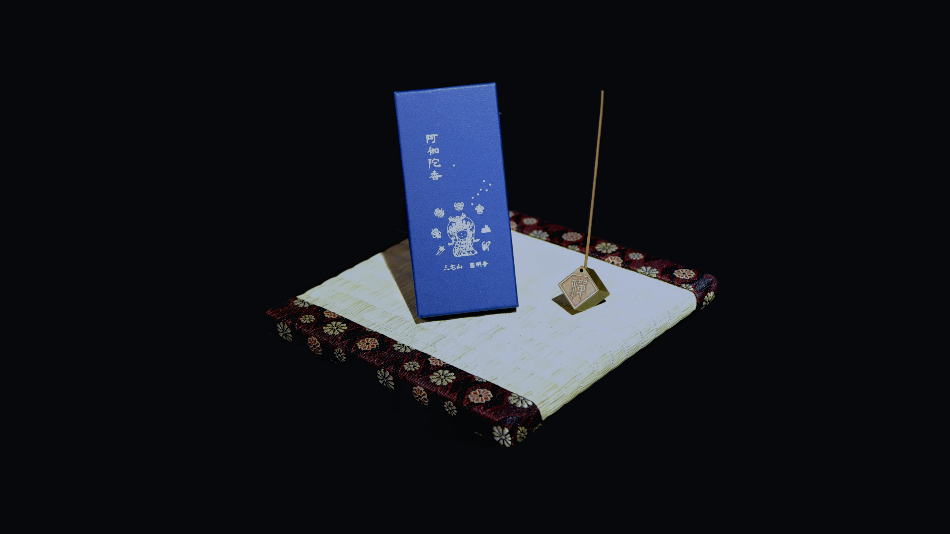
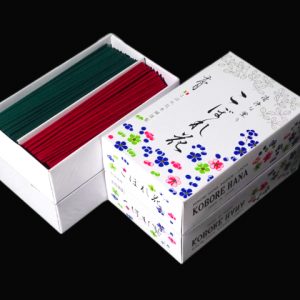
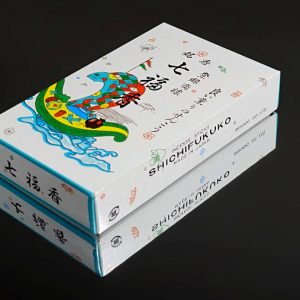
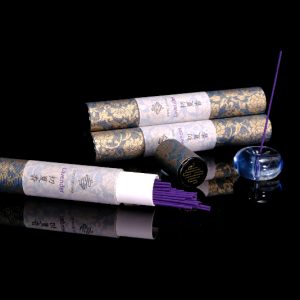
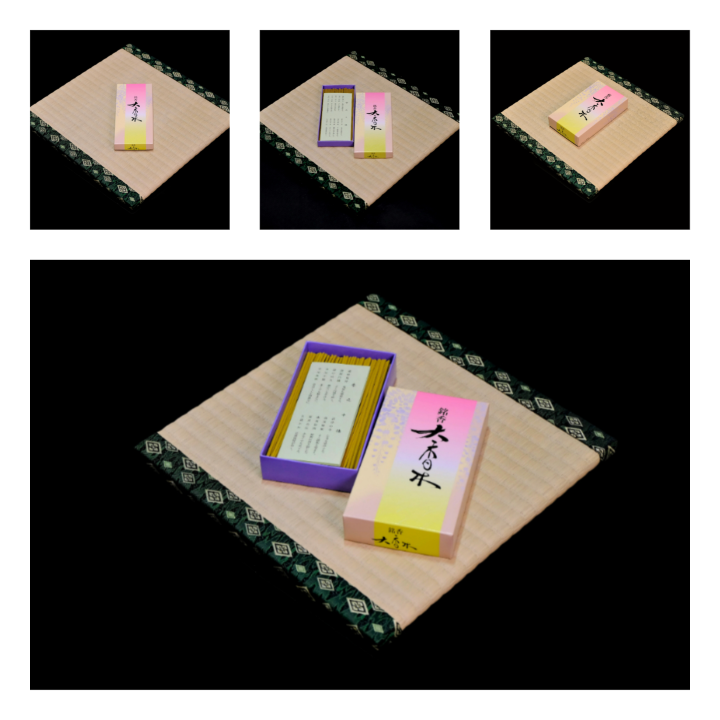
Reviews
There are no reviews yet.